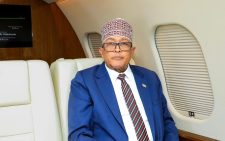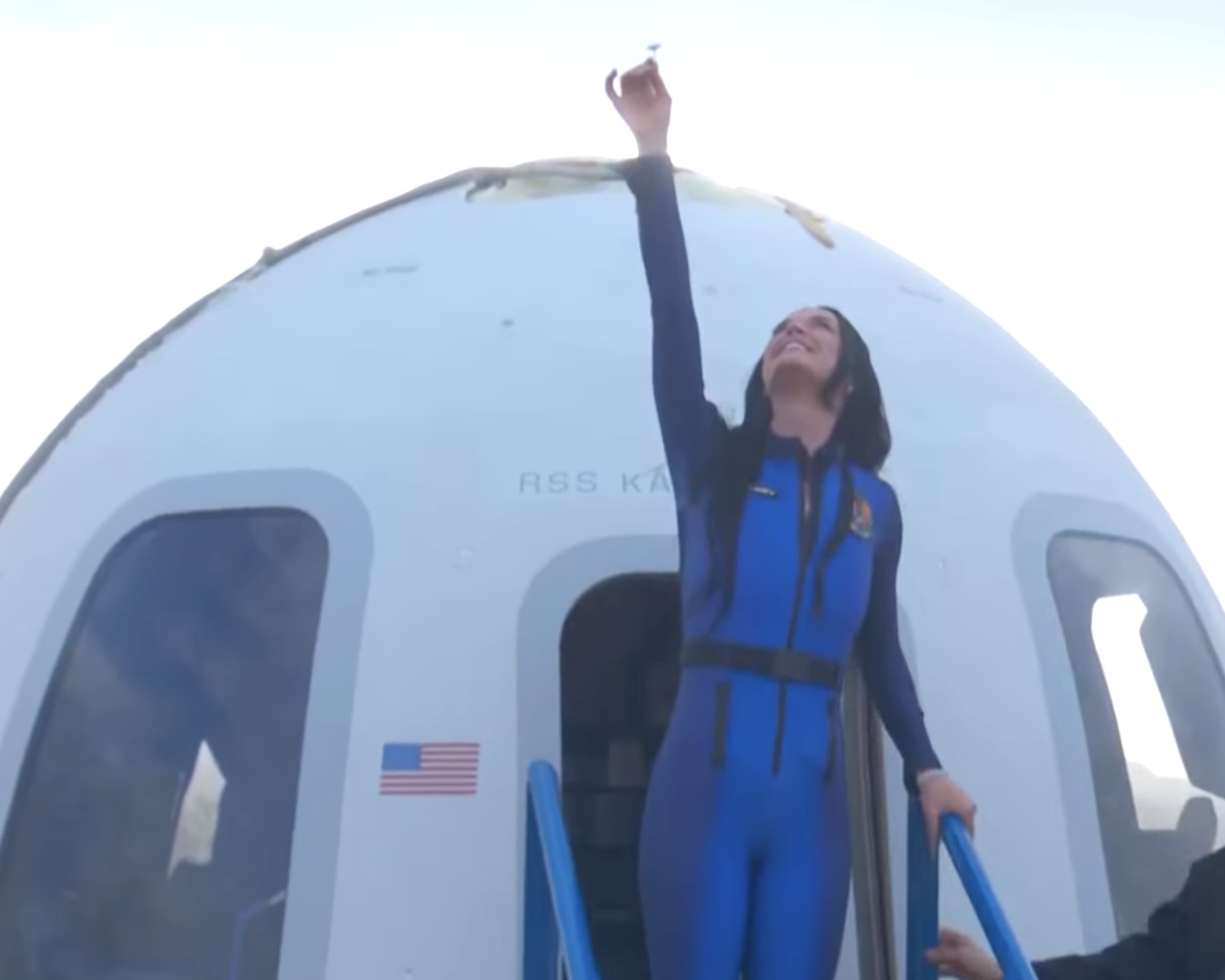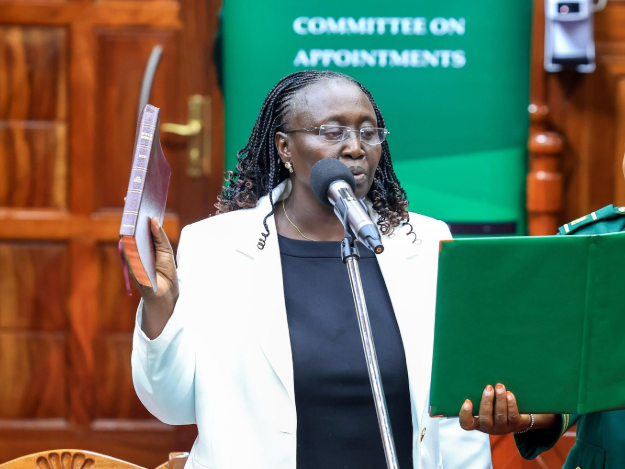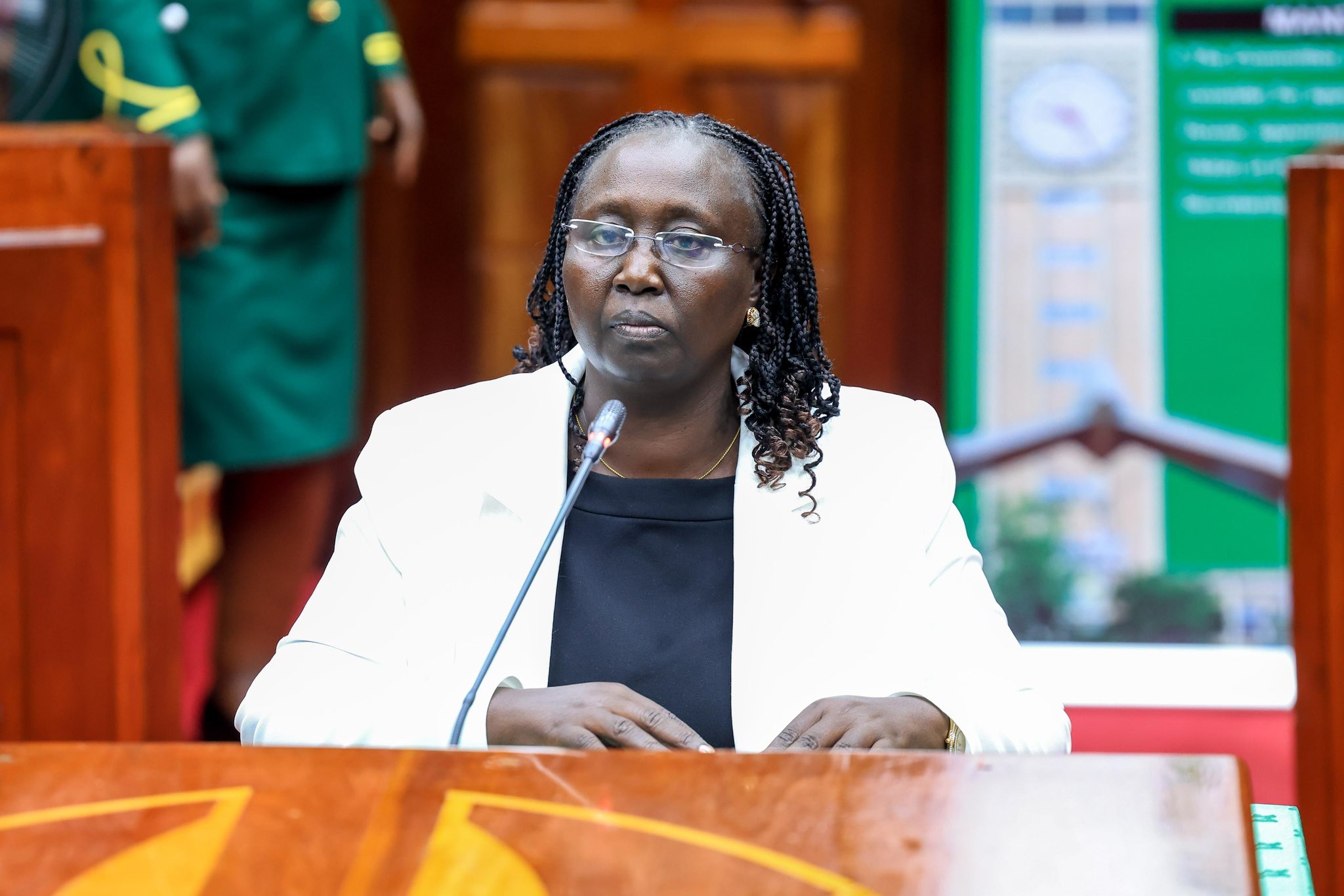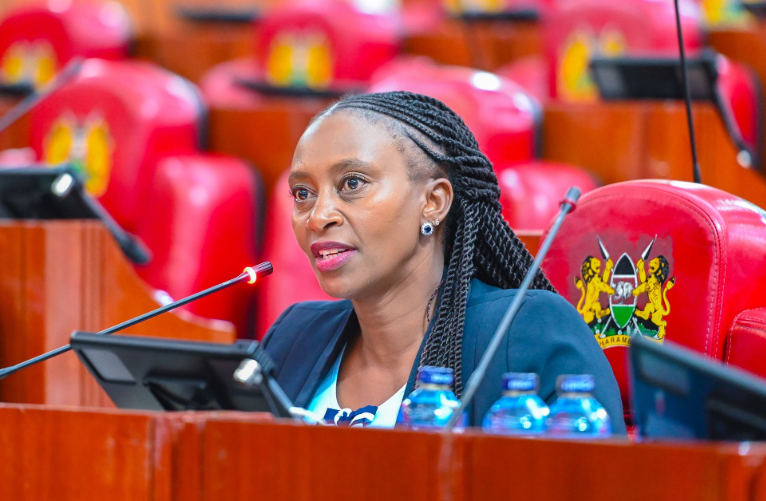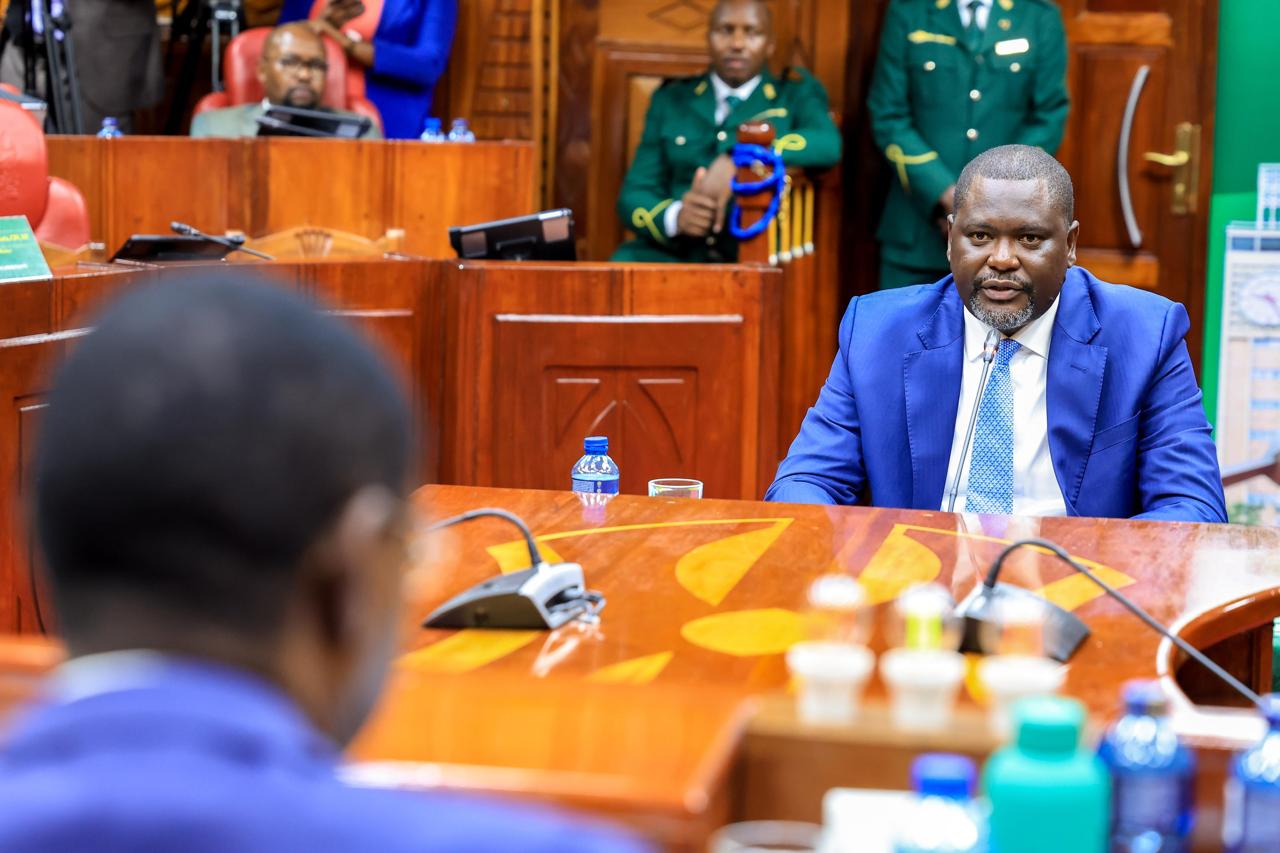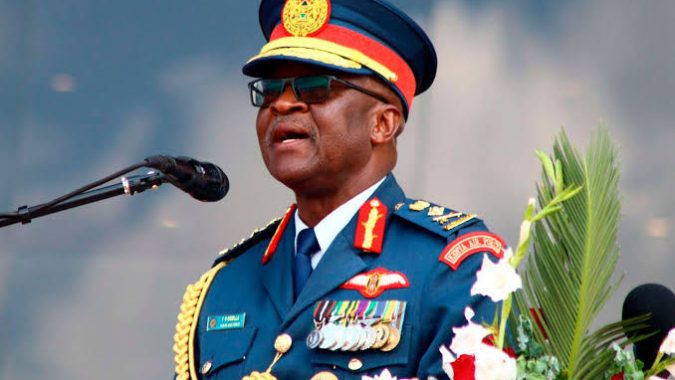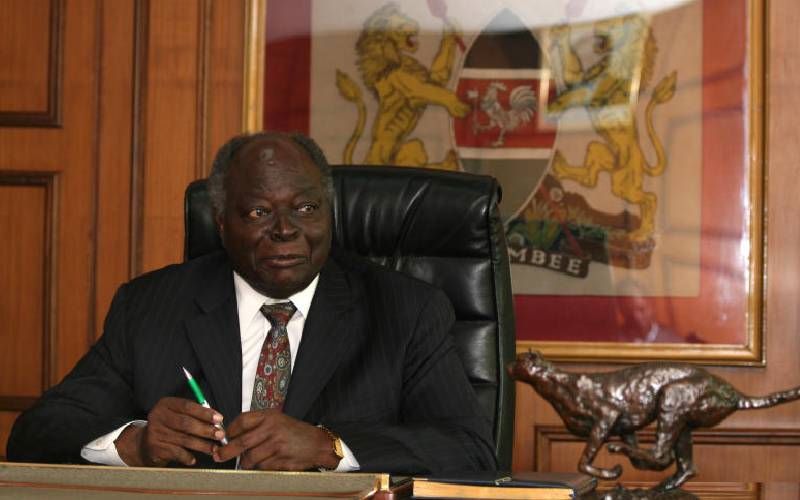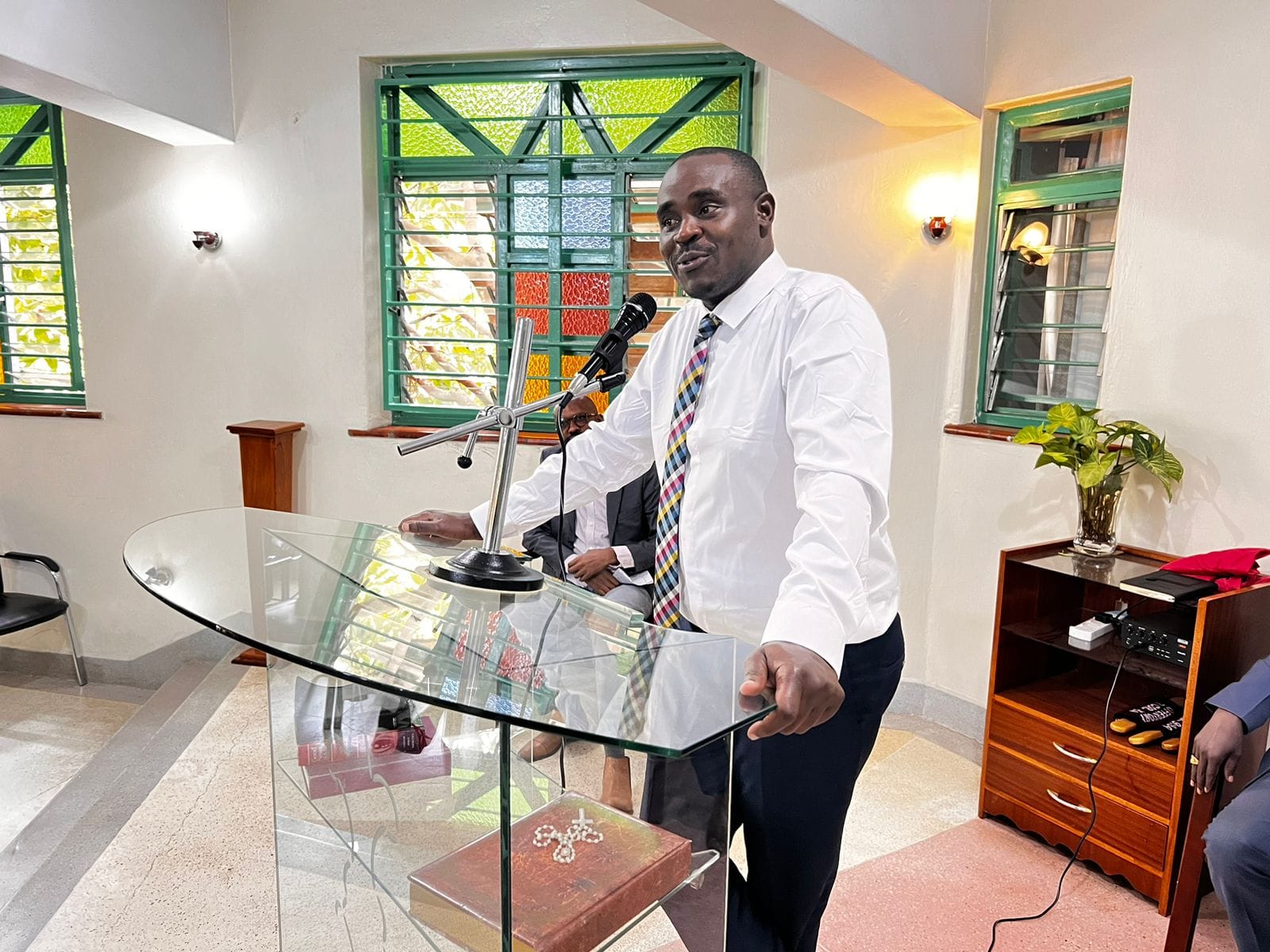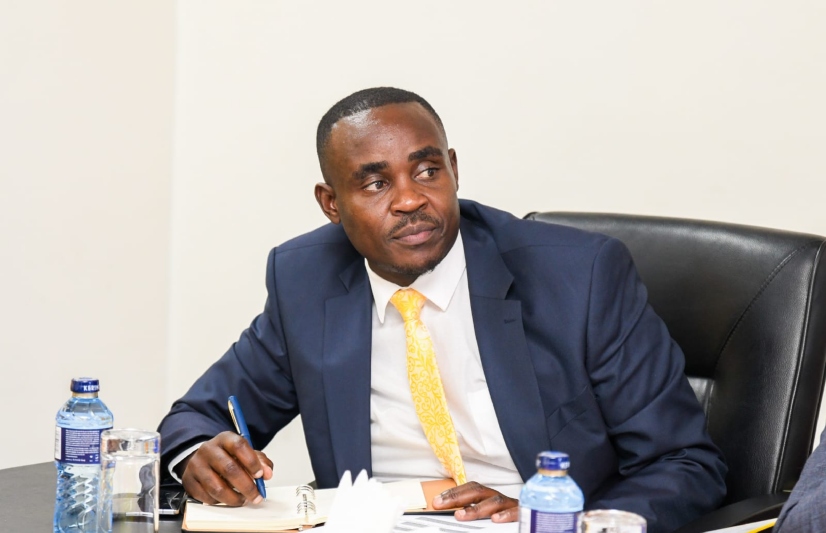Kenya’s diplomatic setbacks: 4 times country suffered humiliating losses in int’l elections
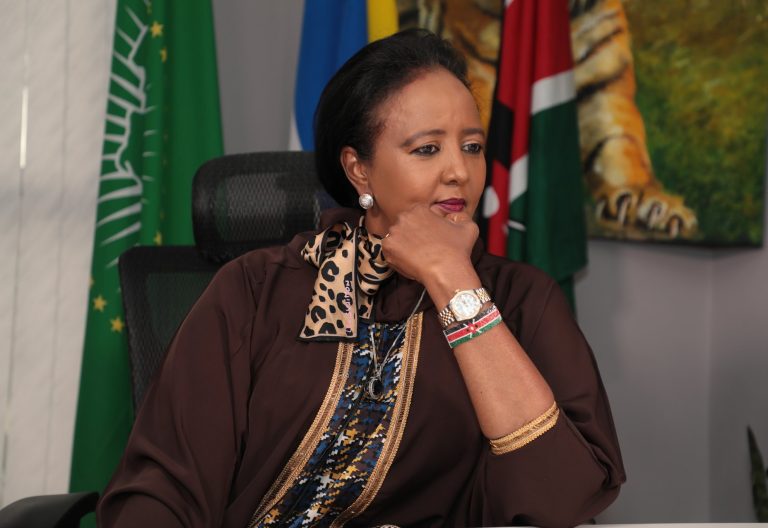
Kenya’s global diplomatic ambitions have taken several blows in recent years, as the country’s bids for key international positions have ended in disappointment.
Despite its strategic importance in Africa and active participation in global affairs, Kenya has found itself on the losing side of some major international elections.
As the country sets its sights on future global leadership opportunities, it’s time to reflect on these losses and the lessons they hold.
Here are four notable instances where Kenya’s ambitions for international leadership positions were dashed:
1. Raila’s AUC loss 2025
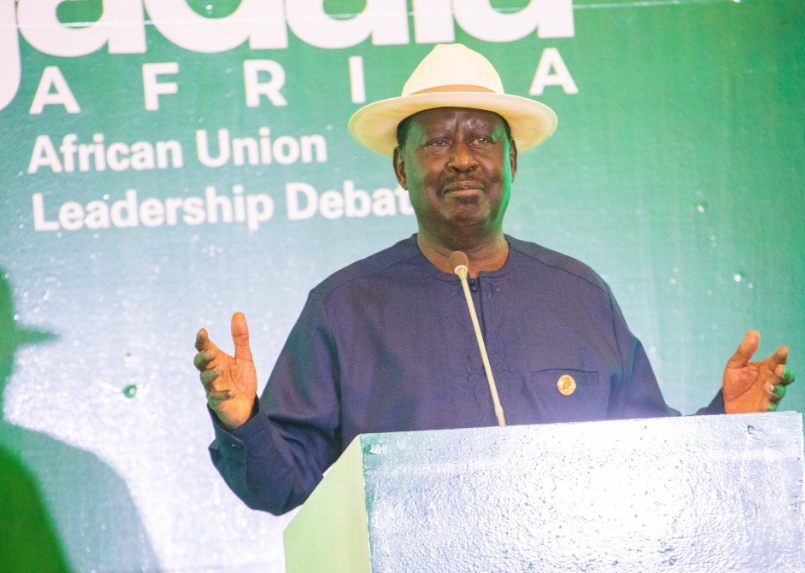
On February 15, 2025, Raila Odinga, one of Kenya’s most prominent political figures, suffered a significant defeat in the race for the African Union Commission (AUC) Chairperson position.
Despite his experience and recognition across the continent, Raila was narrowly defeated by Djibouti’s candidate, Mahamoud Ali Youssouf, in a closely contested election.
This loss was a major blow to Kenya’s diplomatic standing and underscored the challenges the country faces in securing leadership positions within African institutions.
President William Ruto, who actively campaigned for Raila’s AUC bid, expressed his disappointment following the defeat.
2. Amina Mohamed’s AUC loss 2017
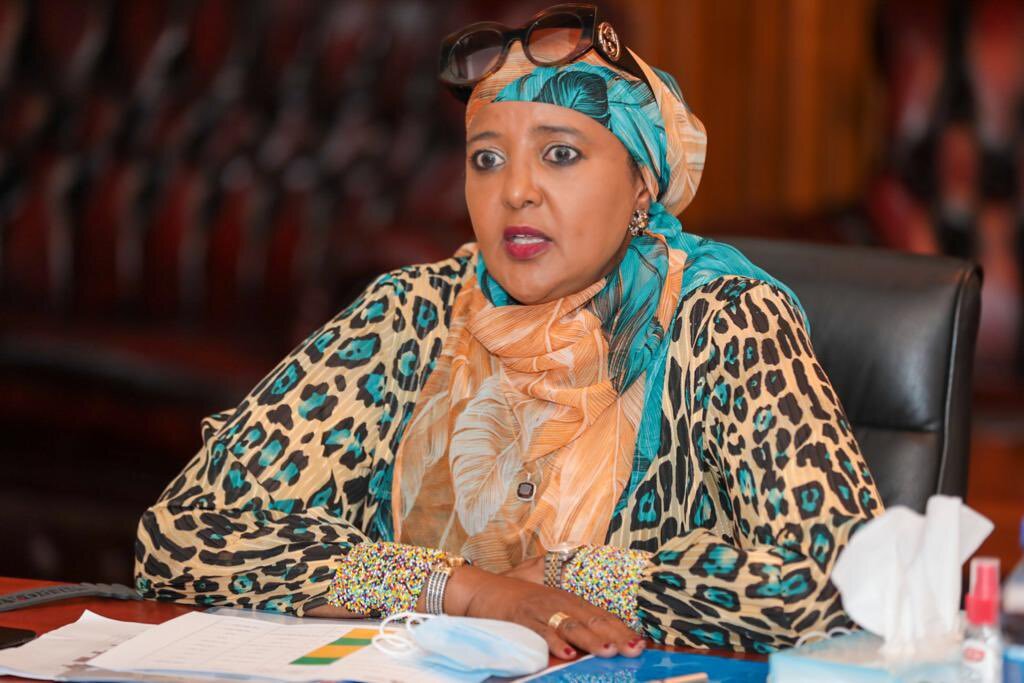
@AMB_A_Mohammed/X
Kenya’s previous attempt to secure the AUC Chair in 2017 also ended in disappointment.
The country’s then-candidate, Foreign Affairs Cabinet Secretary Amina Mohamed, lost out to Chad’s Moussa Faki Mahamat in the race to lead the African Union Commission.
Despite significant diplomatic efforts by the government of then-President Uhuru Kenyatta and strong support from other African nations, Kenya was unable to secure the post.
This setback raised questions about Kenya’s ability to assert itself in key regional roles, especially when competing with other influential African countries.
3. WTO Director-General seat 2020
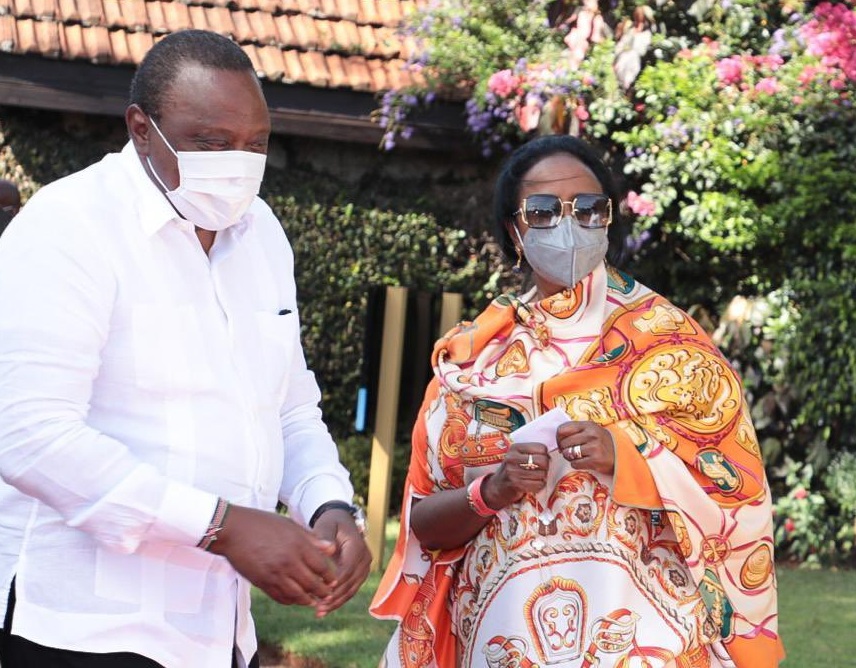
@AMB_A_Mohammed/X
In 2020, then Foreign Affairs Cabinet Secretary Amina Mohamed once again found herself at the centre of an international race, this time for the position of Director-General of the World Trade Organization (WTO).
Mohamed, a seasoned diplomat, was widely regarded as a strong contender.
However, she lost the election to Nigeria’s Ngozi Okonjo-Iweala, who made history by becoming the first woman and the first African to lead the WTO.
Mohamed’s defeat highlighted the complex nature of global diplomacy and the fierce competition for top leadership roles in international organizations.
4. International Maritime Organization SG election 2023
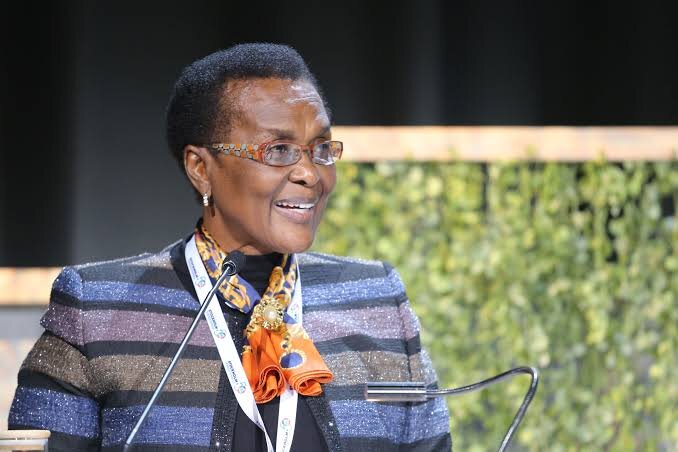
Kenya’s bid for leadership at the International Maritime Organization (IMO) also ended in disappointment.
In 2023, Kenya’s candidate, Nancy Karigithu, a leading figure in maritime affairs, lost out to Japan’s Koji Sekimizu in the race for the Secretary-General position.
Despite Kenya’s strategic interest in maritime governance, particularly in the Indian Ocean region, Karigithu’s candidacy fell short, further illustrating the challenges Kenya faces in securing leadership within global institutions.
Kenya a diplomatic dwarf?
These repeated losses have prompted political analysts to question Kenya’s diplomatic strategy and whether the country’s global aspirations are being sufficiently backed by resources, alliances, and a unified political approach.
As Kenya seeks to play a more prominent role in international governance, these setbacks serve as critical reminders of the competitive nature of global politics.
Looking ahead, Kenya is now turning its attention to the race for the next United Nations Secretary-General, which will become vacant in December 2026.
With calls for Kenya to back Dr Mukhisa Kituyi, a former trade minister and economist, as a candidate for the position, the country will face yet another diplomatic test.
With the latest defeat at the AU, Kenya now faces an even steeper challenge in its efforts to present Kituyi as a candidate for the UN Secretary-General position.
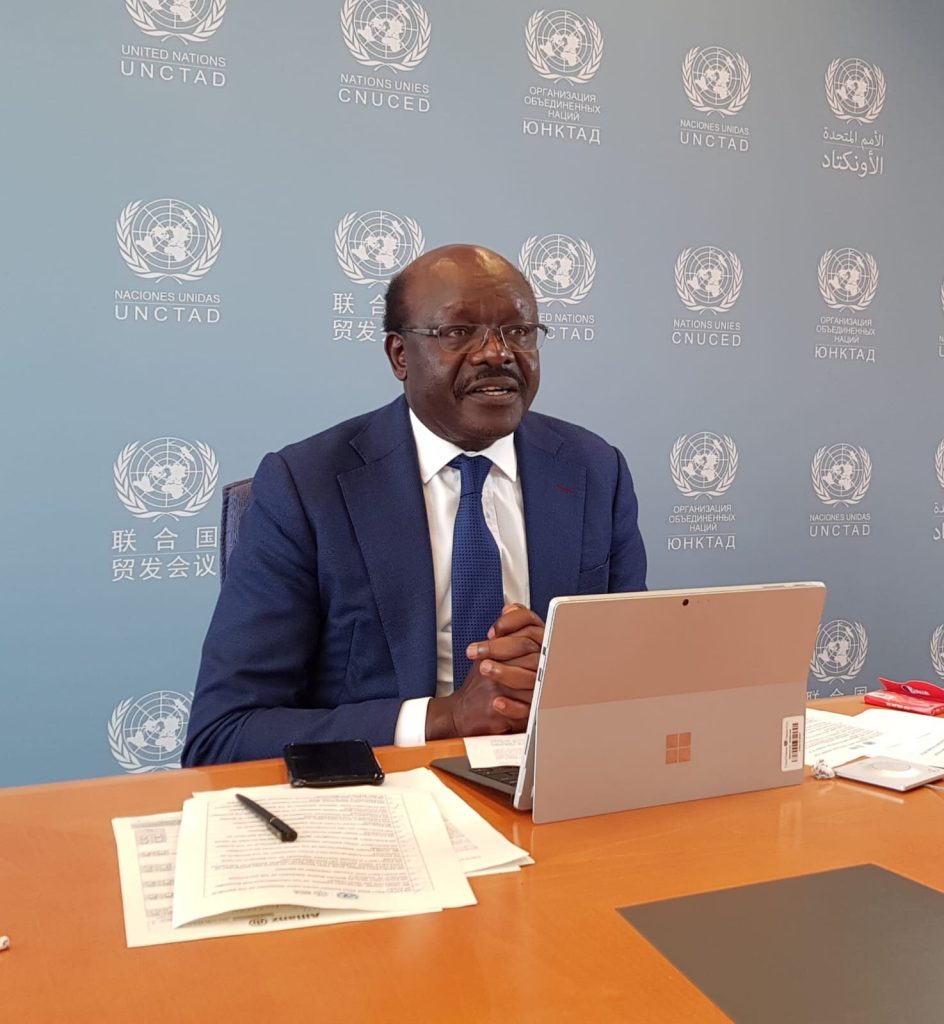
The process of selecting a Secretary-General is multilayered, with candidates requiring endorsements from their home governments before undergoing scrutiny by the UN Security Council, where the five permanent members – China, France, Russia, the United Kingdom, and the United States—hold veto power. The final selection is ratified by the General Assembly.
Kituyi’s potential candidacy could place Kenya in an interesting diplomatic balancing act, as the country seeks to strengthen its global influence while navigating regional and geopolitical interests.
Whether Kenya can overcome its past losses and mount a successful bid for the world’s top diplomatic post remains to be seen.
As the international community evolves and new opportunities arise, Kenya’s future in global governance will likely depend on its ability to learn from these setbacks and position itself effectively for the challenges ahead.
The world is watching to see if Kenya can turn its diplomatic fortunes around and secure a leadership role that matches its regional influence and aspirations.
Author
Martin Oduor
The alchemist of literary works - a master wordsmith with a proven record of transforming the raw materials of language into a rich tapestry of emotion, thought, and imagination.
View all posts by Martin Oduor
